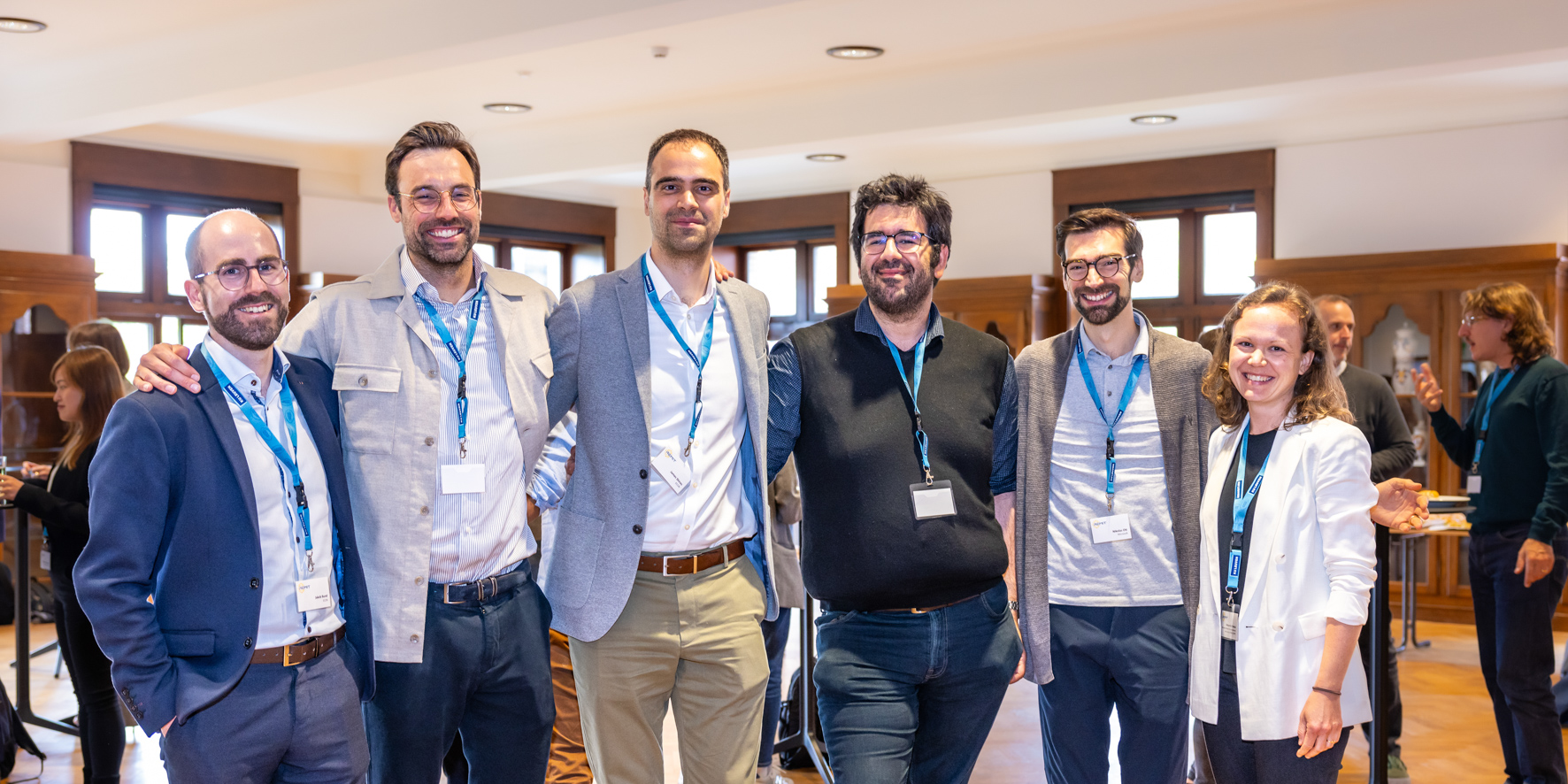
ECCRI presents at the first REMIT Conference in Leuven
From 16 to 17 May 2024, the ECCRI team and community members presented at REMIT’s 1st Conference at KU Leuven in Belgium. Held as part of the REMIT Horizon Europe project, the two-day conference was filled with engaging sessions and fresh perspectives on the intersection of technology and multilateralism.
ECCRI leads REMIT’s research stream on the economic and societal factors that shape technology governance. In its panel, ECCRI brought together expert voices from its community to examine the interconnections between cybersecurity and critical technologies.
In a conversation moderated by ECCRI Co-Director James Shires, a panel consisting of Alžběta Bajerová (NATO), Jakob Bund (ECCRI/SWP), Nikolas Ott (Microsoft), and Alexandra Paulus (SWP) emphasised the need to better assess the trustworthiness of AI tools. Large language models can produce tailored content at unprecedented speed and scale, with quality that matches the level of mainstream media newsrooms. It is crucial to deploy solutions that scale equally efficiently to mitigate disinformation risks. While automated detections offer opportunities to keep pace with threats, educating users remains integral to this effort.
The panel also highlighted the concept of solidarity, which has emerged as a guiding principle in the EU’s engagement on technology and the United States’ recent International Cyberspace and Digital Policy Strategy. Positive experiences of solidarity, for example through assistance in recovering from ransomware attacks, can help reinforce crucial international relationships. The panel then presented ongoing research on the impact of software supply chain compromises for the armed forces and defence sector.
Elsewhere at the conference, ECCRI Co-Director Max Smeets presented findings from a forthcoming paper exploring the role of advocacy coalitions in policy changes in cyber warfare. This research opens up a new perspective for analysing how approaches to deterrence and the involvement of the private sector have evolved. In addition to understanding the dynamics underpinning past policy changes, the advocacy coalition perspective highlights the limitations for acceptance of new policies, even if they are well-evidenced and offer excellent strategic “fit”, as long as they struggle to find support from crucial coalitions.
In support of early-career contributions to the technology governance discourse, ECCRI convened a workshop for doctoral researchers to exchange best practices for publishing research and communicating its policy-relevant implications.
ECCRI Co-Director James Shires says: “The REMIT conference was a fantastic way to bring together cutting-edge research on technology and multilateralism. The presence of four previous ECCRI Fellows on our panel showcases the breadth and deep expertise of our fantastic – and rapidly growing – cohort of fellows. We were proud to also advance ECCRI’s mission to support early-career researchers in the doctoral workshop, and look forward to their exciting research coming out in the future.”
Pictured in the photo (from left): Jakob Bund, Max Smeets, James Shires, Triantafyllos Kouloufakos, Nikolas Ott and Alexandra Paulus.
Photo: Luk Collet
